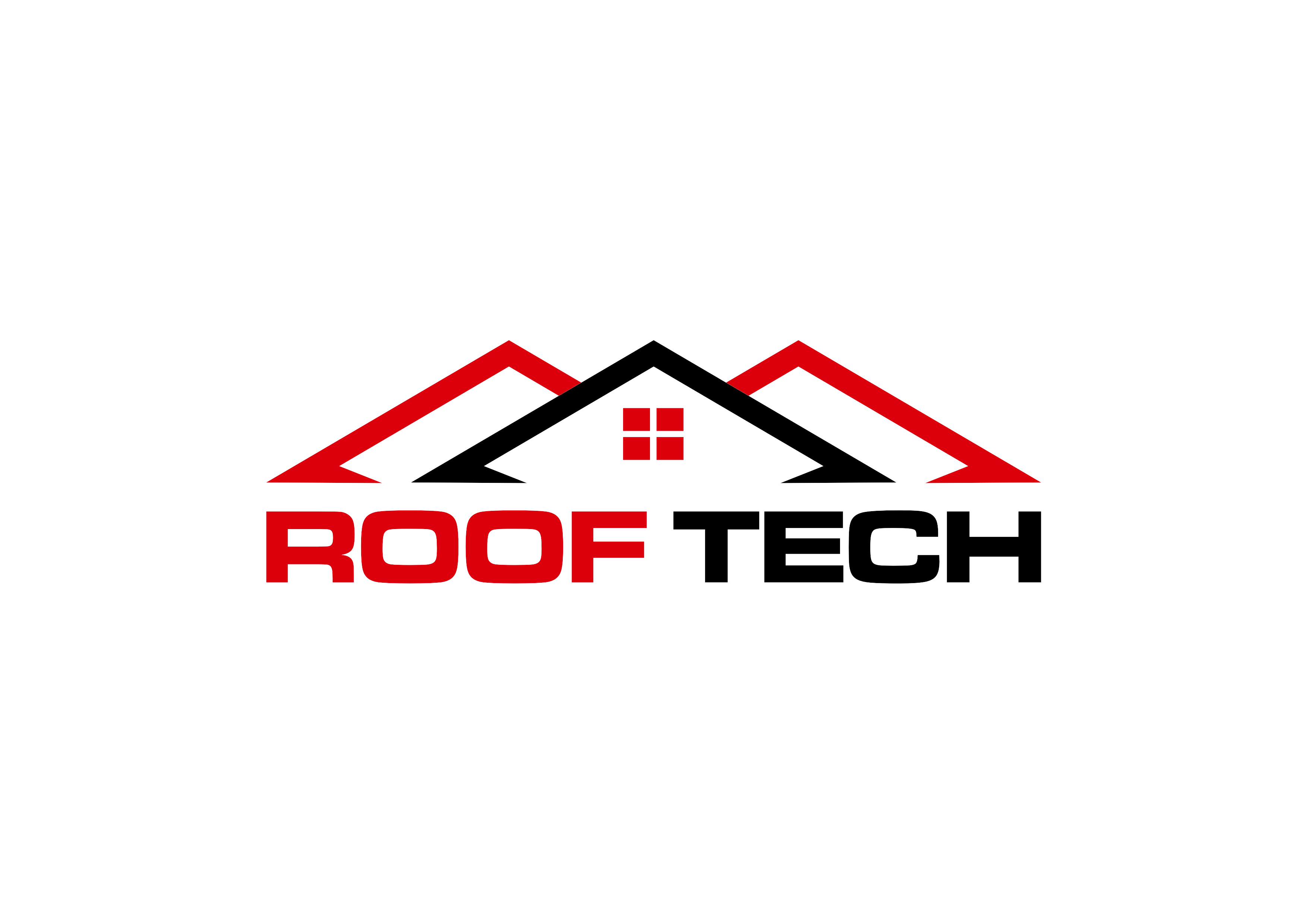Asphalt roofing is a popular choice for many homeowners due to its affordability and durability. However, like any roofing material, asphalt shingles come with their own set of pros and cons. In this article, we will discuss the advantages and disadvantages of asphalt roofing to help you make an informed decision when it comes to choosing the right roofing material for your home.
One of the main advantages of asphalt roofing is its affordability. Asphalt shingles are one of the most cost-effective roofing materials on the market, making them a popular choice for budget-conscious homeowners. In addition to being affordable, asphalt roofing is also easy to install, which can help reduce labor costs and shorten the amount of time it takes to complete a roofing project.
Another advantage of asphalt roofing is its durability. Asphalt shingles are designed to withstand harsh weather conditions, including high winds, heavy rain, and snow. They are also fire-resistant, which can help protect your home from potential fire damage. With proper maintenance, asphalt roofing can last for up to 20-30 years, making it a long-lasting roofing option for many homeowners.
In addition to affordability and durability, asphalt roofing also comes in a variety of colors and styles to complement any home design. Whether you prefer a traditional look or a more modern aesthetic, there is an asphalt shingle style to suit your personal taste and preferences. Asphalt roofing is also easy to repair and replace, which can help extend the lifespan of your roof and keep your home looking its best.
Despite its many advantages, there are also some disadvantages to consider when it comes to asphalt roofing. One of the main drawbacks of asphalt shingles is their susceptibility to damage from extreme weather conditions. Hail, strong winds, and heavy snow can cause asphalt shingles to crack, curl, or come loose, leading to potential leaks and water damage in your home.
Another con of asphalt roofing is its environmental impact. Asphalt shingles are not biodegradable and can contribute to landfill waste when they are eventually replaced. In recent years, there has been a growing trend towards environmentally-friendly roofing materials, such as metal or clay tiles, that are more sustainable and eco-friendly options for homeowners looking to reduce their carbon footprint.
In conclusion, asphalt roofing has both pros and cons that should be taken into consideration when deciding on the right roofing material for your home. While asphalt shingles are affordable, durable, and come in a variety of styles, they are also susceptible to damage from extreme weather conditions and have a negative impact on the environment. Ultimately, the choice of roofing material will depend on your budget, personal preferences, and long-term goals for your home.
************
Want to get more details?
Roof Tech
https://www.rooftechnh.com/
New Hampshire roofing company.

